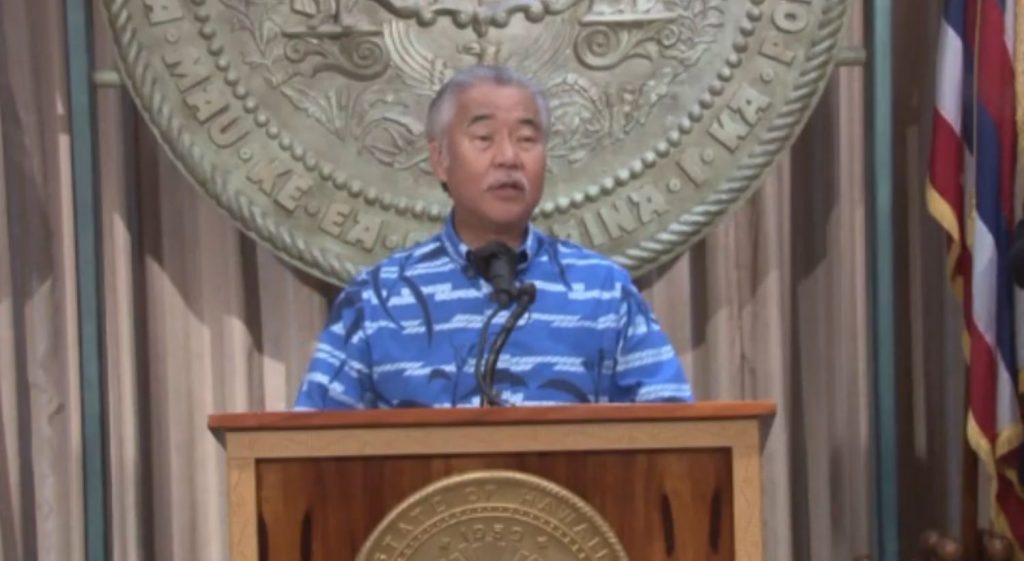Supreme Court Rules to Limit EPA on Regulating Power Plant Emissions
The Supreme Court on Thursday ruled to limit how the nation’s main anti-air pollution law can be used to reduce carbon dioxide emissions from power plants.
By a 6-3 vote, with conservatives in the majority, the court said that the Clean Air Act does not give the Environmental Protection Agency broad authority to regulate greenhouse gas emissions from power plants that contribute to global warming.
The decision, said environmental advocates and dissenting liberal justices, was a major step in the wrong direction — “a gut punch,” one prominent meteorologist said — at a time of increasing environmental damage attributable to climate change amid dire warnings about the future.
Gov. David Ige released a statement saying this ruling is another reminder that government action at all levels is needed, and Hawaiʻi has shown that it is possible.
“Hawaiʻi has long led the nation in response to the existential threat of climate change, and we will continue to do so,” Ige stated. “We will continue our work with other governors and local leaders to enact priority policies and take high-impact actions to help lead the world to a better place.”
Hawai‘i Chief Energy Officer Scott Glenn supported Ige’s comments, adding Hawai‘i is making progress toward the state’s climate and clean energy goals and this decision doesn’t change its commitment or trajectory.
“In Hawai‘i, eliminating our dependence on fossil fuels is about strengthening our islands’ self-sufficiency, energy resilience and security, and doing our part to fight climate change,” Glenn stated. “To that end, we are continuing to reduce emissions by decommissioning the last coal plant in Hawaii this September and transitioning to clean, renewable energy. Continuing along this path of retiring other fossil fuel power plants lessens the need to rely on the EPA’s ability to regulate emissions in the first place.”
Suzanne Case, DLNR Chair and Hawai‘i Climate Adaptation and Mitigation Commissio co-chair, said it’s unfortunate the ruling limits the federal government’s ability to act strongly on climate change.
“We have a moral imperative to address climate change due to impacts we already see to natural resources,” Case said. “Sea level rise is eroding our beaches and shorelines. Coral bleaching is damaging our reefs. Warmer temperatures are forcing disease-carrying mosquitoes into higher elevations where the avian malaria they infect native birds with is on the verge of causing the extinction of two honeycreeper species in as little as two years. Right now, we are experiencing the impacts of drought statewide, and this has already caused more frequent and more intense wildfires.”
Case agreed with Ige adding Hawai‘i has shown progress and leadership in addressing both the causes and impacts of climate change and “we will continue to work with other leaders at all levels of government who remain committed to addressing what is the greatest existential threat facing the planet.”
The Climate Commission sees this ruling as reaffirming the need for climate action at the state level. Climate Commission Co-Chair Mary Alice Evans said, “Just as we did in 2017, when the federal government withdrew from global leadership, Hawai‘i, in partnership with other states will step forward to lead on climate action.” Evans emphasized the importance of mitigation and adaptation actions locally, “as we are already experiencing droughts, flooding, and heat stress.”
The Climate Commission promotes ambitious, climate-neutral, culturally responsive strategies for climate change adaptation and mitigation, in a manner that is clean, equitable, and resilient. The Climate Commission was created by Act 32 in 2017. The commission is administratively attached to the DLNR.







